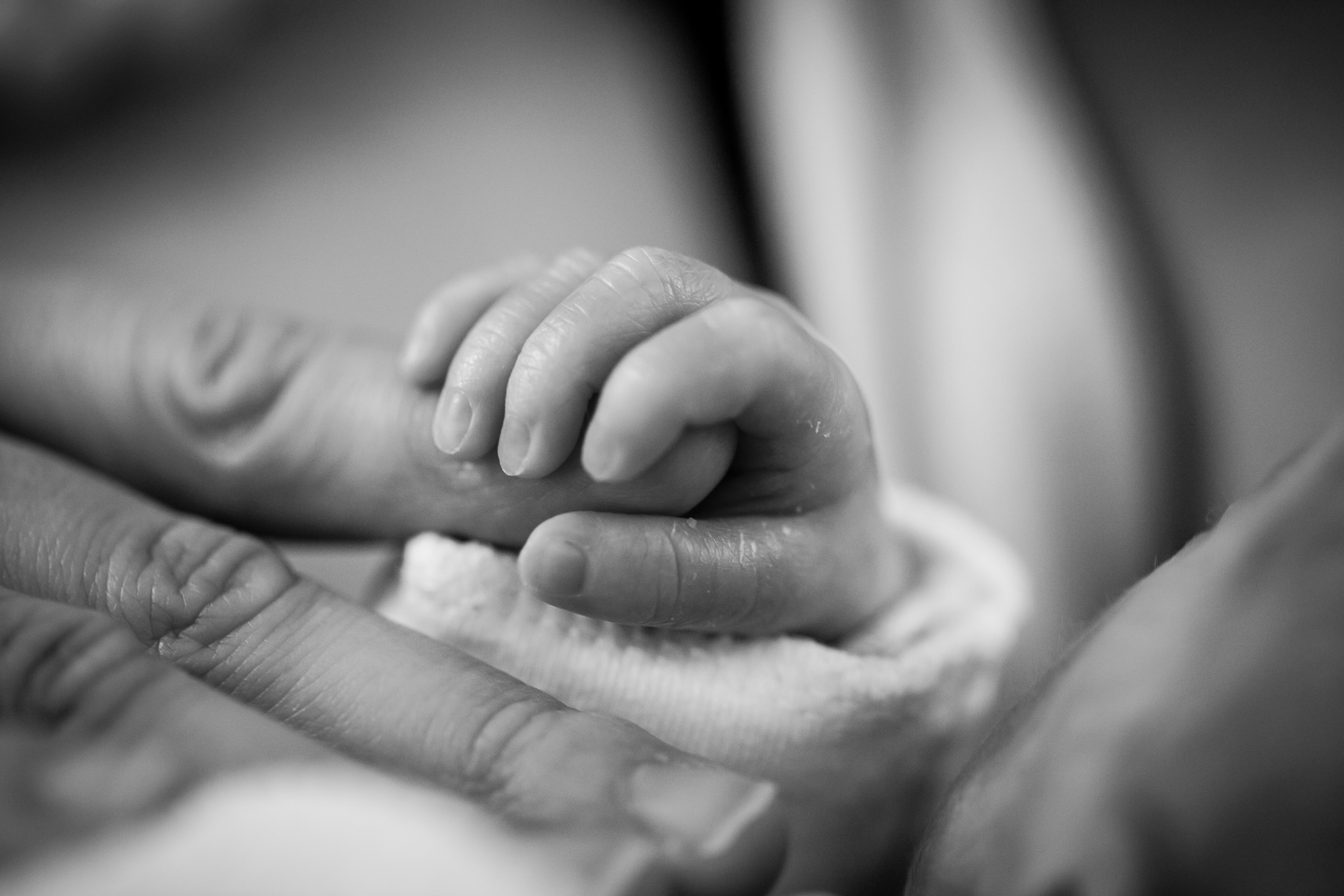Coping with Postnatal Depression
Right after you’ve had a new baby, your body is in shock. Your hormones are all over the place, and your life is changed in ways you can’t ever fully prepare for. Sometimes this can feel overwhelming. You might get emotional, you might find yourself getting irritated, or feeling isolated, or alone.
Many parents would describe the above as ‘Baby Blues’. Sometimes, though, this feeling doesn’t necessarily leave when it should. It sticks around, and makes it difficult to cope with a crying newborn, making you question the bond you’ve built with your baby.
If you’re feeling like this and nothing seems to shake it, you may be experiencing postnatal depression. With around 15% of new mothers being diagnosed, and many more going undiagnosed, it is believed that up to 1 in 7 parents can experience PND. But help is available.
How can you tell when you’re showing signs of postnatal depression, or if it’s a case of ‘Baby Blues’?
You may be going through the ‘Baby Blues’ if you begin to:
- Experience a sense of sadness
- Experience sudden mood swings
- Struggle to sleep, even though your nights are often filled with regular wake-ups to care for your little one
- Notice that these symptoms start to fade after a few days
Are you experiencing more than the baby blues?
If you find that these symptoms linger for more than a few weeks, it may be a sign of developing postnatal depression. You should consider talking to someone about it, and booking a visit with your doctor or health professional.
Although the symptoms of the ‘Baby Blues’ and postpartum depression can look similar at first, postnatal depression lingers for much longer. You may be diagnosed with postnatal depression if you are experiencing:
- An overall sense of concern or worry that won’t subside, no matter what you try to do. You may find you are unable to focus on anything positive, for fear that it will be ruined by an unfortunate event that has not taken place.
- Unexpected obsessive behavior, or compulsive thoughts. Many parents diagnosed with postnatal depression have reported that they are obsessive over tiny things. They often feel like their obsessive actions are their only path towards feeling secure, on a day-to-day basis.
- Mood swings. The hormonal flux of parenthood can lead to mood swings, but these mood swings persist consistently it could be an indicator of PND
- Withdrawing from your family members and friends. PND often makes you feel isolated from the outside world (and the early days of life with a newborn can feel terribly isolating too!). If you find yourself cutting yourself off from others or turning down offers of help, you may be experiencing PND.
- Fatigue, lethargy, and an overwhelming sense of tiredness. And yet, you can’t quite seem to fall asleep, even when your little bub is satisfied and snoozing.
- Worrying thoughts you cannot seem to control. These dark thoughts could range from suicidal ideation, to thinking your baby could come to harm or thinking about harming your baby yourself.
- Not all cases of postnatal depression are the same. There are many different symptoms and they can range from mild to moderate. If you think you may be experiencing PND, there are lots of ways to seek help. Taking the time to chat to your doctor or health professional is the most important thing you can do for yourself.
PND can be diagnosed at any point during the first year of becoming a parent, although it usually starts in the first few weeks or months. It can start slowly or come on quite suddenly.
What should you do if you think you’re showing the signs of postnatal depression?
- Know that it’s not your fault It is so important to understand that postnatal depression is not your fault. You are experiencing something that is so common and a recognised medical condition.
- Seek professional helpDo the best thing for yourself, your baby, and your family by seeking out professional help, whether that be from a doctor, midwife, health care nurse, or other medical professional. The sooner you get help, the faster you’ll hopefully be able to move towards recovery.
- Talk to your familyIt is likely that those close to you have already picked up on the difficulties you are facing. Don’t be afraid to let your partner know how you’re feeling and allow them to give you the help and support you deserve. If you are a single parent, reach out and talk to a family member, a friend, your midwife or doctor.
- Be kind to yourself
Try to let go of the pressures to maintain the little things in life around you. If thinking about doing laundry is overwhelming, rest instead and lean on others to help get those chores done. Watch TV, read a book, whatever you can do that doesn’t fill your mind with anxiety or dread is a good thing! Embrace it.
- Find sleep time wherever you canA lack of sleep can affect our mood and make us feel like we are not our best self, and that’s why a lack of sleep can also exacerbate the symptoms of PND. The advice from the experts is that it’s really important to sleep whenever your baby sleeps, so if you can, and don’t have another baby or toddler to look after, try to nap when baby naps at least once during the day. Learn more about baby’s sleep needs and healthy sleep patterns on Love to Dream™ Sleep Series.
And remember! It isn’t only mothers who experience PND. Fathers and carers can also have the same symptoms and should also seek help if they find themselves feeling this way.
Photo by DICSON on Unsplash
Help and support
If you think that you, or someone you know, may be showing signs of PND, reach out to your doctor, midwife, health care nurse, or other medical professional. You don’t need to do this on your own.



















